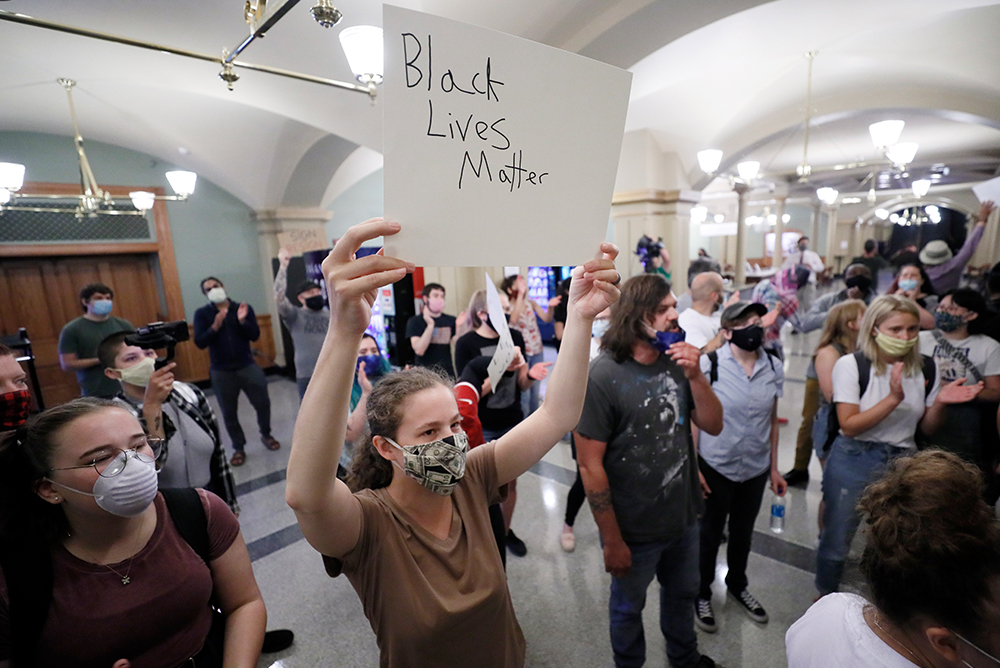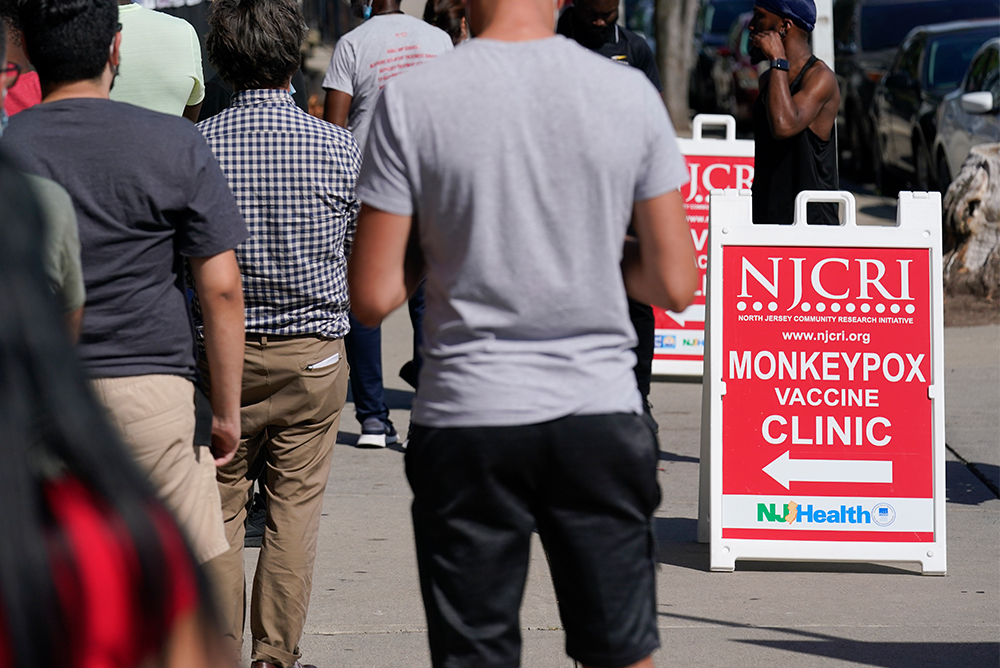A surge in new lawsuits challenging workplace retirement plans over the set-it-and-forget-it funds they default investors into is renewing calls from industry critics who say the US Labor Department should be doing more to protect 401(k) savers.
At least 11 companies, including Booz Allen Hamilton Inc., Citigroup Inc., and Microsoft Corp., have been named in a spate of almost identical lawsuits going after a target-date index suite operated by BlackRock Inc.
Retirement plan participants at those firms claim their current or former employers mismanaged the plans by choosing BlackRock funds over better-performing market options. Retirement plan sponsors who are held to a strict fiduciary standard of prudence under the law failed to adequately track those investments over time, which resulted in a loss of savings potential, the lawsuits claim.
Target-date funds are the most common investment vehicle marketed to participants at work, but the one-stop-shop darlings of the retirement investment industry are confronting an unexpected set of challenges this year that cast a shadow over more than $1.8 trillion in savings. The litigation, new research suggesting most employers don’t use TDFs effectively, and lawmakers’ calls to investigate the way they’re managed are putting pressure on regulators to weigh in.
“The Department of Labor is supposed to be the regulator of fiduciary responsibility law in the United States; it’s their job,” said Daniel Aronowitz, managing principal and owner of Euclid Fiduciary. “I feel like they’ve abdicated their responsibility in this particular context, allowing plaintiff lawyers to serve as the regulator of fiduciary law.”
‘To’ vs. ‘Through’
A key component of the lawsuits targeting BlackRock’s index suite is the low-cost “to-retirement” glide path the company’s money managers use to balance underlying investments.
To-retirement TDFs stop trading once the target retirement date has been reached, but “through retirement” funds assume investors will keep their savings in the plan post-retirement. They keep trading, and have a different risk portfolio than to-retirement plans at different savings stages.
The Labor Department issued guidance for plan sponsors on “to” and “through” plan comparisons in 2013, and at least twice proposed and then delayed a set of specific disclosures sponsors would provide participants about the risks associated with funds before abandoning the rulemaking effort entirely in 2017.
“The department needs to resurrect the notion of putting some risk disclosures in plans, because these are inherently risky products,” said Ron Surz, president and CEO of PPCA Inc. and its division, Target Date Solutions.
Surz has spent years calling on the agency to do more to protect participants from TDF money mangers who he says have a financial interest in stacking plans with riskier investments near the target date. In July, he wrote an open letter to the Employee Benefits Security Administration in which he said fiduciaries should be forced to make an “explicit choice” between “safe” and “risky” target-date investment strategies.
No Action
Surz isn’t alone.
Morningstar Inc. published research in July recommending that the Labor Department issue more guidance clarifying the role sponsors need to play in the review and evaluation of target-date glide paths, and even amending the default investment rules to make customizable target-date options more appealing.
“This is an area that we haven’t seen guidance from the department since 2013,” said Lia Mitchell, a Morningstar retirement policy analyst. “I do think there’s a contingent of plan sponsors who are misunderstanding these products, and we’ve seen the industry change a great deal recently.”
Plan sponsors overwhelmingly default their investors in “through-retirement” glide paths, even though a minority of plan participants keep their savings in the plan after retirement, the Morningstar research shows.
Sen. Patty Murray (D-Wash.) and Rep. Bobby Scott (D-Va.) called for a government watchdog review of target-date funds last year. The pair asked the Government Accountability Office to examine the predominance of TDFs in the market, investment selection, marketing, and recommendations for future legislation or regulation.
“The millions of families who trust their financial futures to target-date funds need to know these programs are working as advertised and providing the retirement security promised,” the lawmakers wrote.
BlackRock isn’t named in any of the lawsuits, because the money manager doesn’t serve as a fiduciary to the plans whose investors access its funds. The company said it is deeply committed to retirement investment research and has a long history of working closely with plans and their consultants.
“Our investment process takes into account multiple factors, including return objectives, market cycles, time horizon, and risk management,” a company spokesperson told Bloomberg Law. “As a result, BlackRock’s LifePath Index funds are highly regarded by many fiduciary decision-makers and independent evaluators of investment products for delivering consistently strong outcomes for plan participants over time.”
Labor Department Responds
DOL officials this week said they have worked closely with the Securities and Exchange Commission to help clear up confusion about different target-date options in the market.
In May, the SEC proposed a names rule (RIN 3235-AM72) that would force companies to reevaluate not only the names but the underlying investment strategies they use to market target-date products, among others.
“I think it’s very confusing for individuals,” said Ali Khawar, acting assistant secretary for employee benefits. “We’re paying attention to this. I don’t have a promise of guidance, but I don’t have a promise of not guidance either.”
Khawar said he and the Solicitor’s Office have been monitoring the spike in cases targeting BlackRock funds to identify areas of general confusion where the department’s amicus guidance would be helpful.
“One of the questions we’re asking ourselves and talking to the Justice Department about is whether or not there’s an interest in the government participating in some way,” Khawar said.
Khawar stressed, however, that it’s exceedingly rare for the department to weigh in on cases at the district court level.





